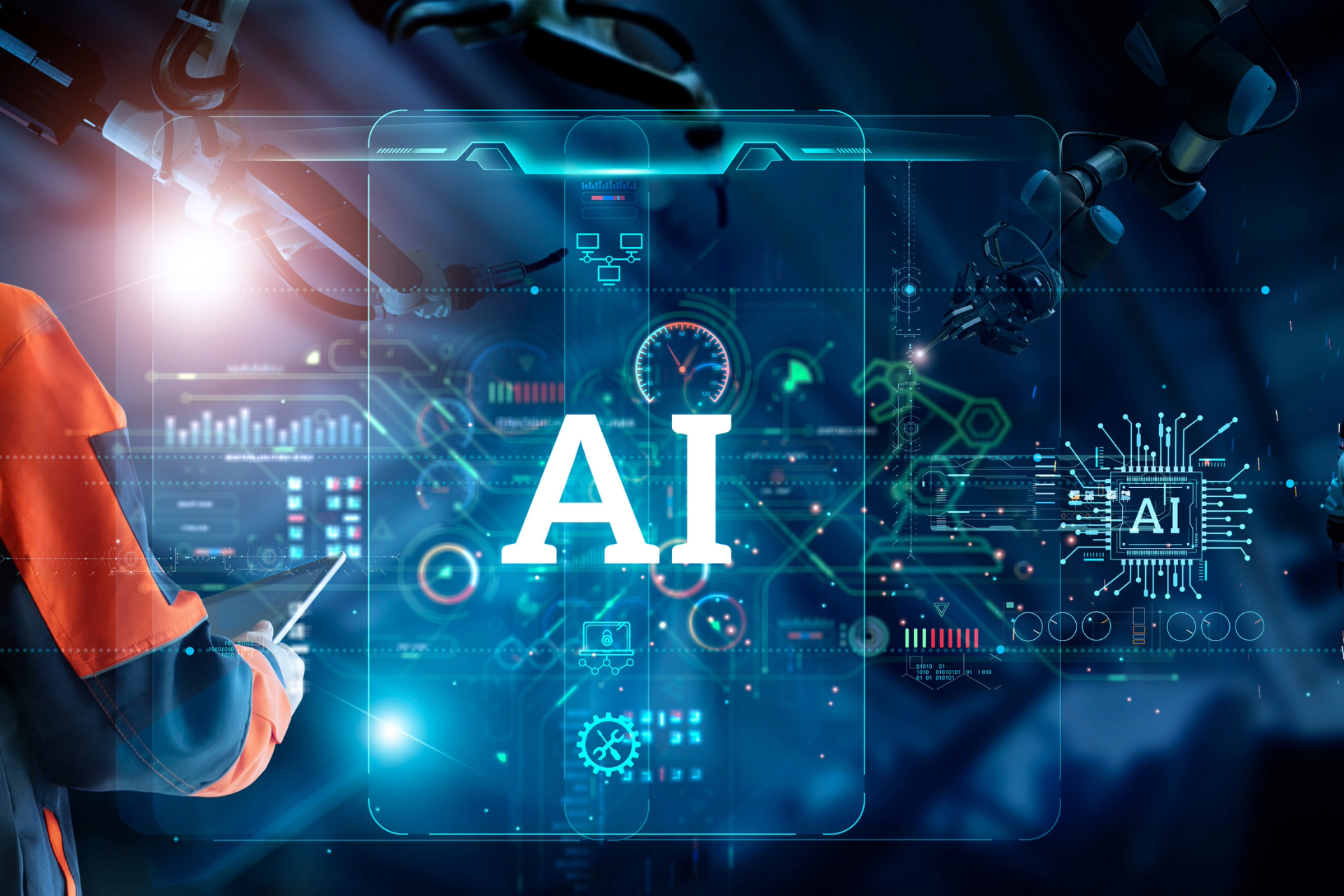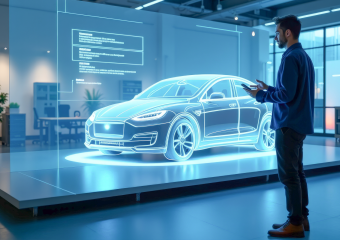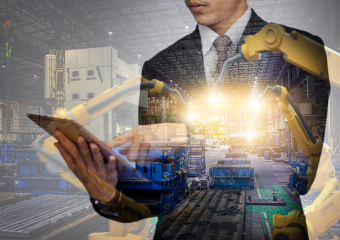AI-Powered Auto Care: Essential Guide for Mechanics
AI-Powered Auto Care: What Every Mechanic Should Know
AI-Powered Auto Care is Revolutionizing the Industry
AI-Powered Auto Care is swiftly transforming the automotive service industry, heralding a new era where technology elevates traditional maintenance and repair work. With artificial intelligence seamlessly integrating into various aspects of auto diagnostics and servicing, every mechanic should stay informed about these advancements to remain competitive and effective. This guide explores how AI is reshaping auto care, what mechanics need to know about these technologies, and how they can adapt to these changes.
Understanding AI in the Automotive Field
Artificial intelligence in automotive care involves machine learning algorithms, big data analytics, and various forms of robotic automation to enhance vehicle diagnostics, maintenance, and overall customer service. AI can process vast amounts of data from vehicle sensors, predicting potential issues before they become severe problems, thereby preventing costly repairs and increasing vehicle longevity.
One of the primary benefits of AI in this field is its ability to analyze real-time data from connected vehicles. This functionality not only helps in proactive maintenance but also refines the decision-making process in repair work. Predictive analytics, a branch of AI, uses historical data to forecast future outcomes. For mechanics, this means AI systems can predict which components might fail soon based on similar patterns observed in other vehicles.
AI Tools and Technologies Enhancing Auto Diagnostics
Several AI-powered tools and technologies are particularly transformative in the auto care sector. Diagnostic robots and advanced software can quickly identify issues that would take much longer to diagnose manually. These tools analyze everything from engine performance and fluid levels to electronic systems and alignment issues, providing comprehensive vehicle health reports.
Moreover, AI-driven interfaces help mechanics interact with vehicle systems intuitively. Voice and gesture recognition technologies allow for hands-free operation, making the diagnostic process not only faster but also safer. Additionally, augmented reality (AR) applications provide mechanics with overlay information about the vehicle’s internal components, offering guided repair instructions and reducing human error.
The Impact of AI on Routine Maintenance and Complex Repairs
For routine maintenance, AI automates various processes such as oil changes, tire rotations, and fluid refills, which optimizes operation time and reduces manual labor. This automation allows mechanics to focus more on complex aspects of auto care that require expert judgment and skills.
Complex repairs, however, benefit significantly from AI through enhanced precision. For instance, AI algorithms can suggest the most effective repair methods or alternative solutions that may not be immediately obvious to even the most experienced mechanics. Furthermore, AI systems keep learning from each task they perform, continuously improving their suggestions and operations with each application.
Training and Skills Development for Mechanics in the AI Era
As AI technologies continue to pervade the auto care industry, the role of the mechanic is evolving. Mechanics must now possess a blend of traditional technical skills and new tech-savvy capabilities. Understanding and operating AI-powered tools requires ongoing education and training. Vocational schools and industry workshops now increasingly include modules on AI applications in automotive courses.
Certifications in AI technologies can also boost a mechanic’s credentials and signify their proficiency in utilizing modern technologies for auto care. Beyond technical skills, adaptability and a willingness to learn are crucial as AI tools and features continually advance.
Concluding Thoughts
AI-powered auto care is no longer just a futuristic concept but a current reality with significant implications for everyone in the automotive industry. As these technologies develop, they promise not only to enhance efficiency and effectiveness in vehicle maintenance and repair but also to redefine the skill set required of modern mechanics. Embracing AI not only helps mechanics refine their craft but also ensures that they remain indispensable in an ever-evolving industry. Therefore, keeping pace with technological advancements is not just advisable; it is essential for any mechanic committed to excellence in the digital age.




